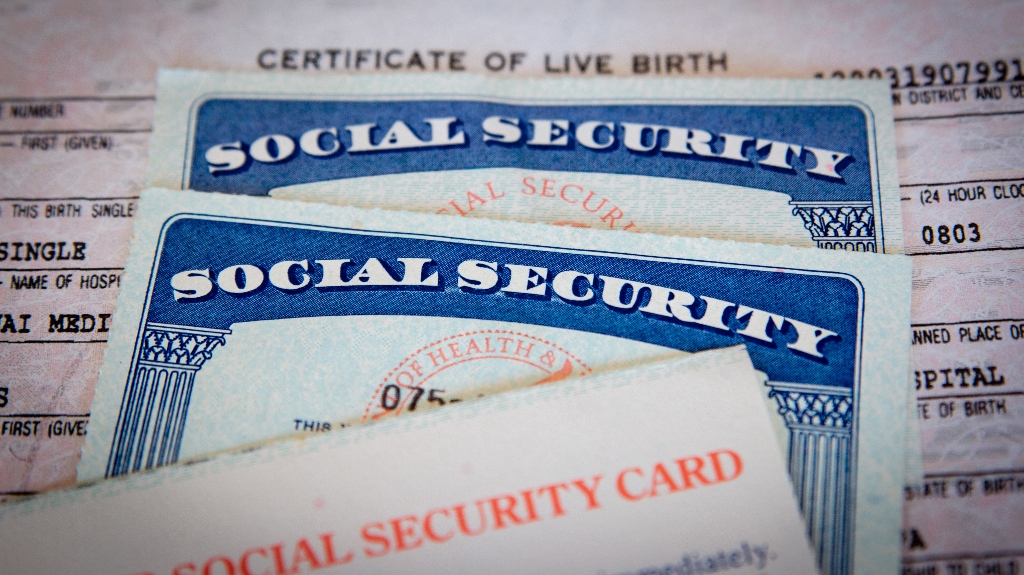First Things First: What Does Tennessee Law Say?
Under Tennessee Code Annotated § 36-6-101(a)(1), courts have broad authority to make decisions about the care, custody, and control of children in divorce and custody cases. That includes decisions that affect a child’s welfare and best interests — and yes, that can include a name change. But here’s the catch: the court won’t just rubber-stamp your request. You’ll need to show that changing your child’s name is in their best interest.
What Counts as ‘Best Interest’ in a Name Change?
Tennessee courts look at several factors when deciding whether a name change is appropriate. These come from the case Barabas v. Rogers, and they include:
1. The child’s preference (if they’re old enough to express one).
2. Impact on the child’s relationship with each parent.
3. How long the child has had their current last name.
4. Community respect associated with the current and proposed names.
5. Potential for embarrassment, harassment, or difficulty from either name.
In other words, the court wants to know: Will this name change help your child thrive emotionally, socially, and psychologically?
Real Talk: When a Name Carries Trauma
Let’s say the child’s other parent has been convicted of serious crimes — like sexual abuse or exploitation. That’s not just a legal issue; it’s a life-altering reality for the child. In cases like Hill v. Hill and In re Alessandria A., Tennessee courts have ruled that a name change was absolutely justified when the parent’s criminal behavior caused embarrassment, trauma, or community stigma for the child.
What Does the Process Look Like?
Here’s a simplified version of how it works:
1. File a Motion: Your attorney files a motion to change the child’s name.
2. Present Evidence: You’ll need to show why the change supports your child’s best interests.
3. Court Hearing: A judge will hear the case and decide based on the facts and legal standards.
4. Court Order: If approved, the court will issue an order reflecting the new name.
Why This Matters
Your child’s name is part of their identity. If that name is tied to trauma, abuse, or a broken relationship, changing it can be a powerful step toward healing and reclaiming their future. On the flip side, if the name change is about affirming a parent’s presence, it can be a beautiful way to strengthen the bond between parent and child — especially when the child is young and still forming their sense of self.
Ready to Talk?
If you’re a parent in Tennessee and you’re considering a name change for your child, let’s chat. At The Law Office of J. Ryan Johnson, PLLC , we understand the emotional weight behind these decisions — and we’re here to help you navigate them with clarity, compassion, and legal precision.
If you have questions or would like to discuss this further, feel free to give us a call—or conveniently schedule a consultation online here.






